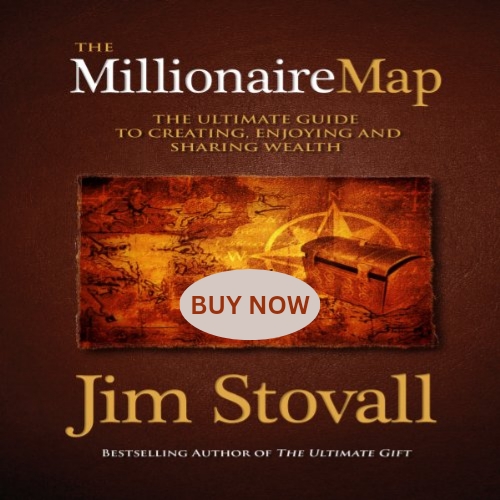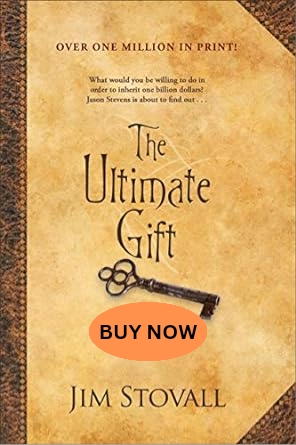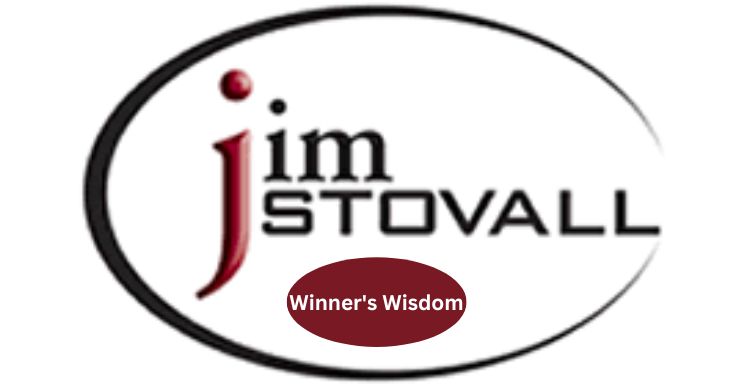
In the classic movie Wallstreet in which Michael Douglas plays the despicable but intriguing character Gordon Gekko, he informs his young investment banking protégé, “The most valuable commodity I know of is information.” This statement is valid only if you have the correct information at the right time and use it properly. Businesses and individuals spend untold funds and countless hours seeking feedback from their customers, clients, and constituents.
Getting quality feedback and input from those you serve is not an easy proposition. Far too many people ask the wrong questions and, therefore, get the wrong answers. A high percentage of the time, you will get a false positive reaction if you ask clients, customers, or friends:
“Did you enjoy the dinner?”
“Did you like the show?” or
“Was my latest book a good read?”
When dealing with closed-ended questions when a simple positive or negative response is called for, most people will avoid any controversy or conflict and just proclaim they liked the meal, the show, or the book.
If, instead, you seek feedback with open-ended questions, your clients, customers, and friends will become your collaborators and co-creators. They will help you think of possibilities and directions you had never imagined. Consider questions like:
“What do you feel would have made your dinner more enjoyable?”
“How could that show have been better?” or
“What do you feel might improve the overall impact of my book?”
These types of open-ended questions put people at ease and let them know that you are seeking true feedback and not just a rubber-stamped endorsement of the status quo. If you want to learn more about the power of open-ended questions, you may want to read a book entitled QBQ! The Question Behind the Question by John G. Miller.
Remember, talk is cheap, and words are meaningless unless there is something behind them. I have a friend who produced a Broadway show years ago. This endeavor is a risky venture at best. In order to fine-tune his production before he presented it to New York producers, he rented our local theater and invited approximately 3,000 friends, customers, and contacts to experience a sneak preview of his Broadway show. At the end of the performance, everyone was asked to fill out a comment sheet that basically only asked, “Did you like the show?” Since a friend had given them a free ticket, they felt obligated to give an overwhelmingly positive response. With this faulty feedback, my friend took his show to producers in New York and got summarily rejected.
In our consumer-based world, people vote with their dollars. Feedback from a paying customer is far more valuable than from a hypothetical bystander.
When I give an arena speech to 10,000 businesspeople, the organization often seeks their feedback after my presentation. While I appreciate the input, the feedback that really matters comes from the one person who pays me: the event promoter. His positive response is meaningful, but when he hires me to come back again, it is priceless.
As you go through your day today, make sure your feedback comes from the right people at the right time for the right reason.
Today’s the day!

Did you enjoy this column? Feel free to share with anyone who might benefit!
If you are not already subscribed, sign up here:
Click here to receive Jim’s weekly column.
Jim Stovall is the president of the Emmy-award winning Narrative Television Network as well as a published author of more than 50 books—eight of which have been turned into movies. He is also a highly sought-after platform speaker. He may be reached at 5840 South Memorial Drive, Suite 312, Tulsa, OK 74145-9082; by email at Jim@JimStovall.com; or by phone at 918-627-1000.

